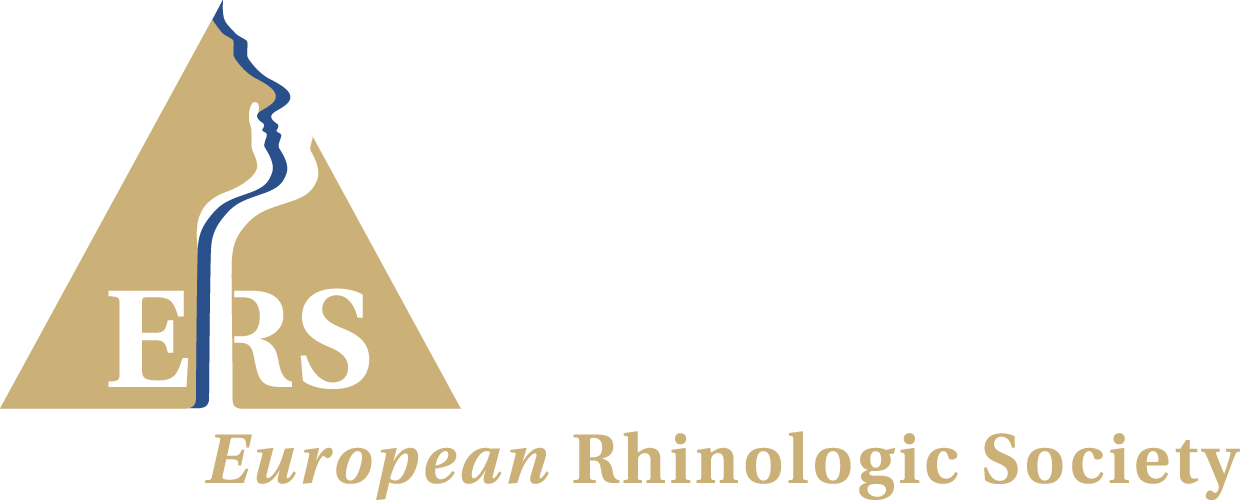Due to the COVID-19 pandemic, we have (again) rescheduled this course. New dates for 2022 are to follow soon
We are pleased to invite you to attend the 17th International Course in Advanced Sinus Surgery Techniques. This unique course will showcase the expertise and knowledge of world renowned surgeons in the field of sinus and skullbase surgery.
The course is offered for continuing medical education of residents, fellows and practicing physicians. The faculty will lead the participants from the consultation to the management of the most challenging sinus and skull base procedures. This will be accomplished with didactic lectures, expert panels and a hands-on fresh frozen cadaver dissection lab with navigation at all stations. In the dissection lab you will be able to use (powered) instruments and navigations systems from different suppliers.
Learning objectives
This course is designed to provide participants with a comprehensive overview of the surgical anatomy and techniques for sinus surgery. The course is of particular benefit to otorhinolaryngologists and neurosurgeons who developed some experience with basic FESS techniques. The course aims to teach in theory and practice (fresh frozen cadaver dissection) the surgical techniques to you on:
- Basic surgical FESS techniques: a short update
- Revision sinus surgery: identifying causes of surgical failure
- Powered instrumentation and use of navigation in sinus surgery
- Lacrimal duct and orbital surgery including lateral canthotomy
- Frontal sinus surgery
- Advanced endoscopic techniques: CSF leak repair, tumor resection, orbital decompression, skullbase approaches, pituitary surgery
- Prevention, recognition and treatment of complications of endoscopic sinus surgery
- Current concepts in the medical management of rhinosinusitis
- Radiologic evaluation of nasal and sinus disorders
Participants in the laboratory portion of this course will have the opportunity to dissect on fresh frozen cadaver specimens and to utilize powered instrumentation and image-guidance systems in the process. Laboratory enrollment will be limited to 60 participants to ensure ample opportunities for personal interaction with faculty instructors.
 Wytske J. Fokkens,
Wytske J. Fokkens,
course directorCLICK NOW!
